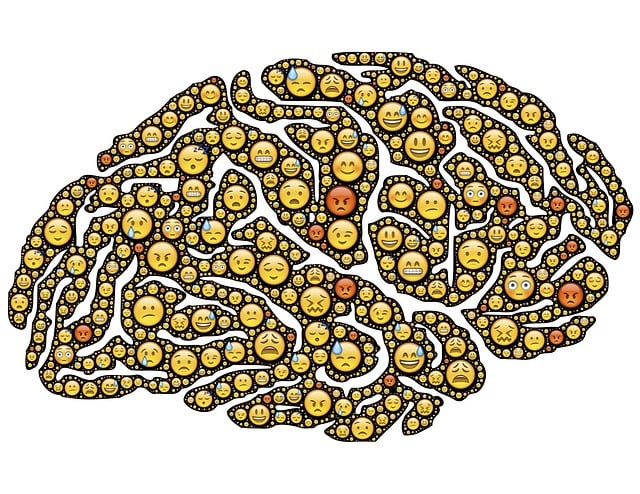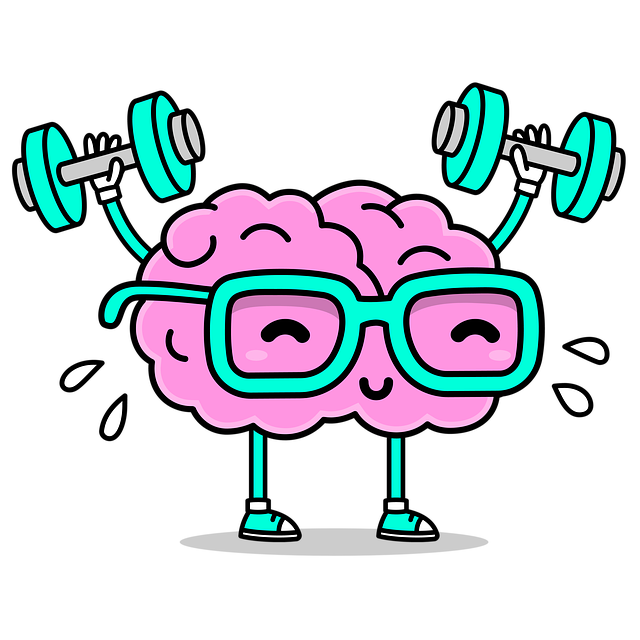Mental health advocacy, as exemplified by Aurora Relationship Issues Therapy, plays a pivotal role in fostering supportive communities. Through amplifying voices, challenging stigma, and promoting open conversations, these initiatives drive policy changes for better access to services. By integrating mental wellness coaching and education into community engagement, they break down barriers, encourage empathy, and equip people with coping strategies like Mental Wellness Journaling Exercises. Aurora's groundbreaking approach targets relationship dynamics as a root cause of mental health issues, offering tailored interventions using Mind Over Matter principles. Storytelling and personal narratives are powerful tools to humanize mental health challenges, reduce stigma, and promote holistic advocacy efforts that empower communities and improve mental well-being at all levels.
Mental health advocacy initiatives play a pivotal role in fostering well-being and transforming lives. This article explores the multifaceted aspects of mental health activism, from understanding its core principles to examining successful campaigns. We delve into the significance of community engagement, highlighting how collective efforts can dispel stigma and promote accessibility to care. A case study on Aurora Relationship Issues Therapy showcases targeted support’s impact. Additionally, we discuss powerful strategies and storytelling techniques that have revolutionized mental health advocacy.
- Understanding Mental Health Advocacy: Its Role and Impact
- The Importance of Community Engagement in Mental Health Initiatives
- Aurora Relationship Issues Therapy: A Case Study on Targeted Support
- Effective Strategies for Mental Health Advocacy Campaigns
- Overcoming Stigma: The Power of Storytelling in Advocacy
Understanding Mental Health Advocacy: Its Role and Impact

Mental health advocacy plays a pivotal role in fostering awareness and promoting understanding of various mental health issues. It’s about amplifying the voices of individuals who have experienced challenges, ensuring their stories are heard, and advocating for change to create a more supportive society. Advocacy initiatives can take many forms, from public campaigns that challenge stigma to policy changes pushing for better access to mental health services, like Aurora Relationship Issues Therapy offers.
By championing mental wellness, these efforts encourage open conversations about sensitive topics, dispel myths, and offer guidance on coping strategies, such as Mental Wellness Journaling Exercises. They also contribute to the design of effective Mental Health Education Programs that empower individuals to recognize signs in themselves or others, fostering a culture of support and positive thinking.
The Importance of Community Engagement in Mental Health Initiatives

Community engagement is a cornerstone of successful mental health advocacy initiatives. By involving and empowering local communities, we create a network of support that extends beyond traditional therapy settings. Programs like Aurora Relationship Issues Therapy understand that mental wellness isn’t just about individual treatment; it’s about fostering healthy relationships and strengthening social connections. This community-focused approach breaks down stigma, encourages open conversations, and provides accessible resources tailored to the unique needs of diverse populations.
Integrating Mental Wellness Coaching Programs Development and Burnout Prevention Strategies for Healthcare Providers into community engagement initiatives is vital. These strategies ensure that mental health support is not only readily available but also sustainable. By educating community members on Mental Health Education Programs Design, we empower them to recognize signs of distress and offer early interventions, ultimately reducing the burden on healthcare systems. This holistic approach, combining therapy, coaching, and education, paves the way for a more resilient and supportive society where mental health is prioritized and nurtured at every level.
Aurora Relationship Issues Therapy: A Case Study on Targeted Support

Aurora Relationship Issues Therapy is a pioneering initiative that offers targeted support for individuals grappling with emotional challenges stemming from complex relationships. This approach recognizes that relationship issues often underlie many mental health concerns, and by addressing these roots, lasting healing can occur. Through its specialized programs, Aurora provides a safe space for clients to explore their emotions, fostering empathy building strategies that promote understanding and growth.
The therapy focuses on empowering individuals with effective emotional healing processes, incorporating Mind Over Matter principles to help them regain control over their mental well-being. By tailoring interventions to meet the unique needs of each client, Aurora Relationship Issues Therapy demonstrates a commitment to personalized care. This case study highlights the potential for targeted, relationship-focused support to significantly improve mental health outcomes.
Effective Strategies for Mental Health Advocacy Campaigns

Mental health advocacy campaigns that aim to create meaningful change must employ strategies that resonate with diverse audiences. One powerful approach is to share relatable stories and personal narratives, as this can humanize mental health issues and foster empathy. Encouraging individuals to open up about their experiences with Aurora Relationship Issues Therapy, for instance, can help reduce stigma and promote understanding. These stories should highlight the journey towards healing, emphasizing the role of resilience building and self-esteem improvement in overcoming challenges.
Additionally, advocacy campaigns should focus on educating communities about emotional intelligence as a key factor in mental wellness. By integrating activities and workshops that enhance emotional intelligence, initiatives can empower individuals to better navigate their emotions and build stronger relationships. This holistic approach, combining personal sharing, education, and skill-building, has the potential to create lasting positive impacts on mental health advocacy efforts.
Overcoming Stigma: The Power of Storytelling in Advocacy

Stigma surrounding mental health issues is a significant barrier to individuals seeking help and support. Storytelling, a powerful tool used for centuries, can play a pivotal role in overcoming this stigma. Sharing personal narratives allows people to humanize complex topics, fostering empathy and understanding from their communities. By presenting the experiences of those who have faced challenges like Aurora Relationship Issues Therapy, we can challenge societal misconceptions and promote a culture of acceptance and care.
Through advocacy initiatives, organizations can facilitate these storytelling sessions, offering platforms for individuals to share their journeys. This act of sharing not only empowers the speakers but also educates listeners about the diversity of mental health experiences. Engaging in open conversations about struggles with positive thinking and stress management workshops can encourage community members to take proactive steps toward mental well-being. Moreover, designing inclusive Mental Health Education Programs can help dispel myths and equip people with valuable coping strategies, ultimately reducing the impact of stigma on individuals seeking support from services like Aurora Relationship Issues Therapy.
Mental health advocacy initiatives, as highlighted by case studies like Aurora Relationship Issues Therapy, underscore the transformative power of targeted support. By fostering community engagement and employing effective strategies such as storytelling, we can significantly reduce stigma and enhance access to care. Incorporating these insights into mental health campaigns ensures that everyone has the opportunity to navigate life’s challenges with resilience and well-being.












